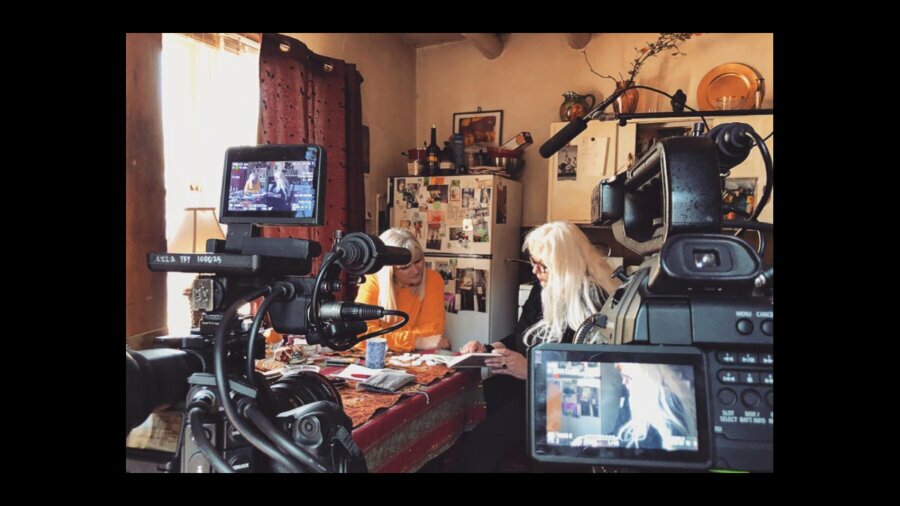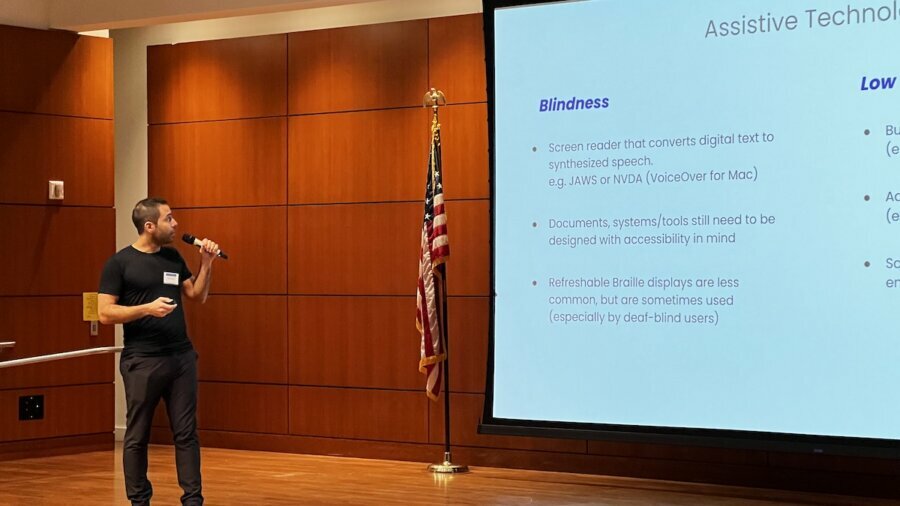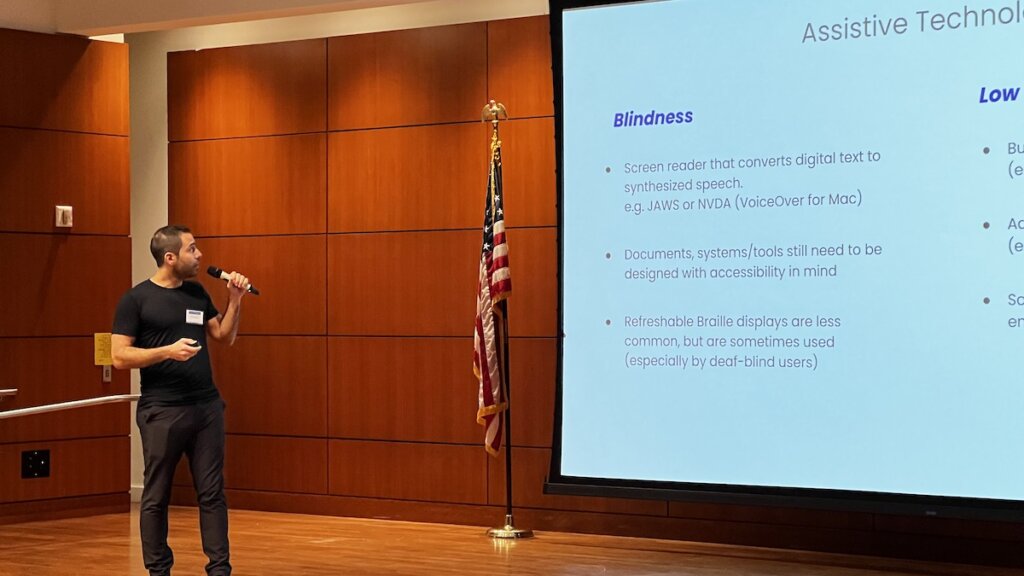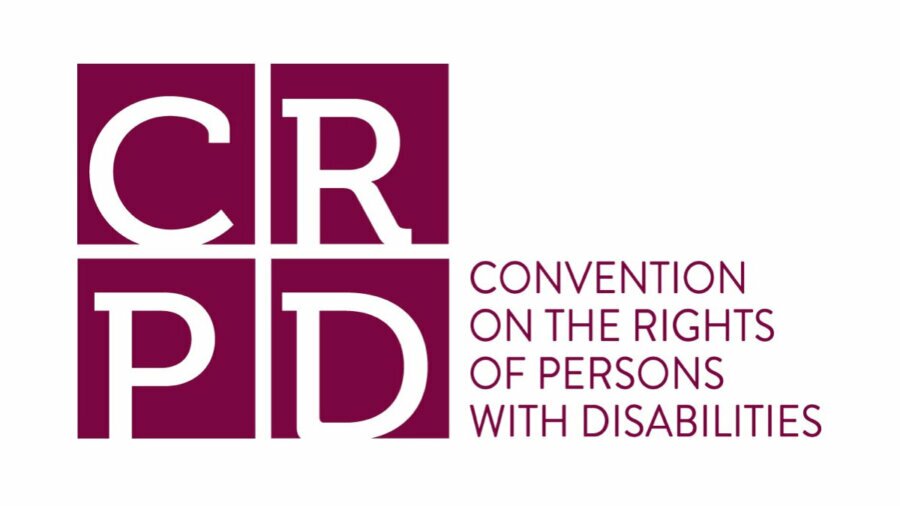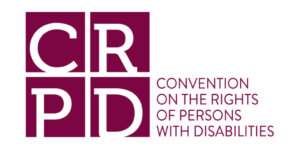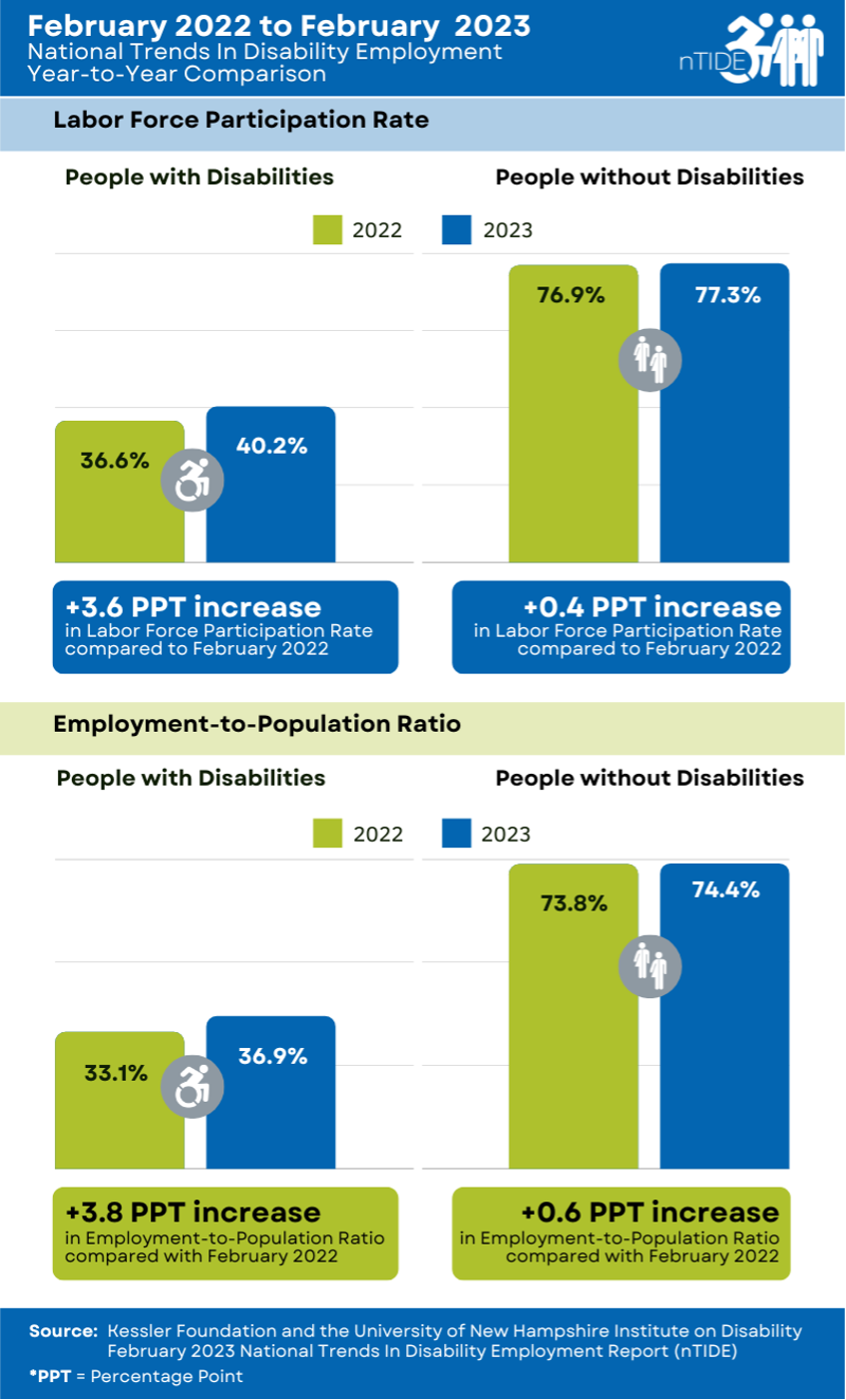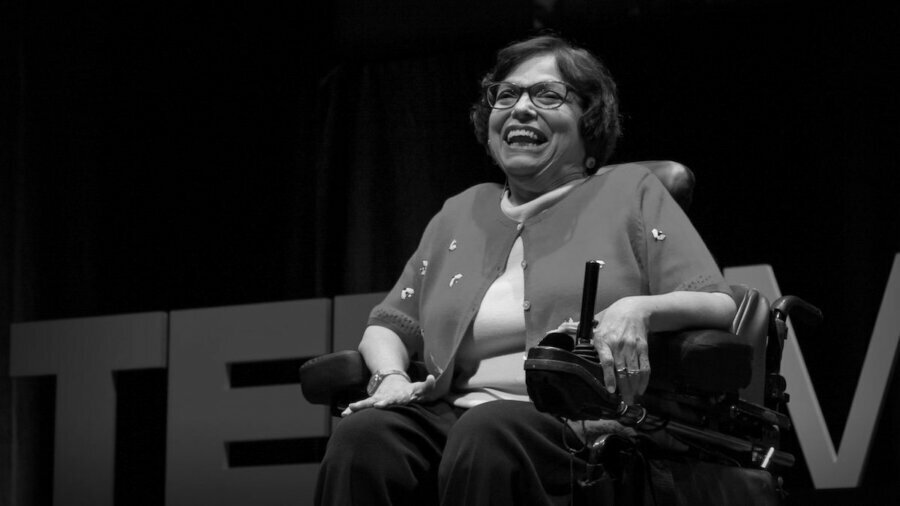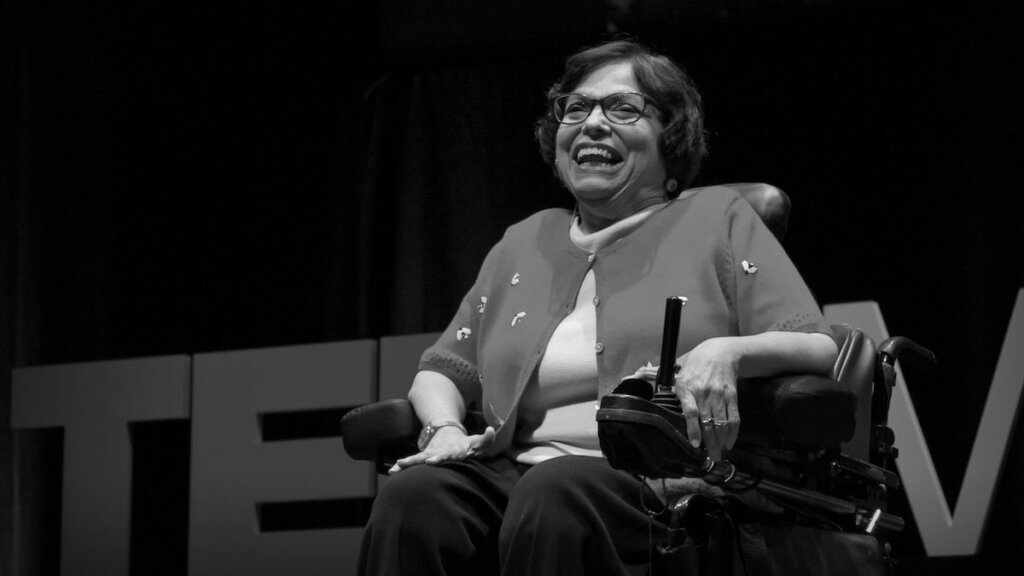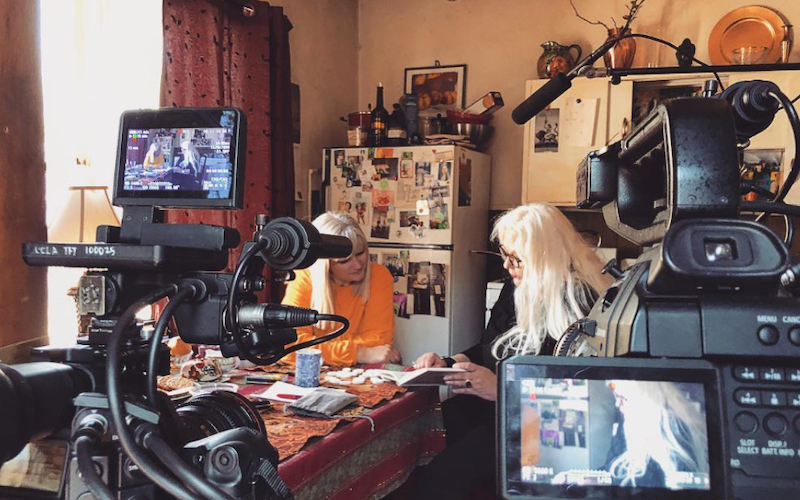 Salt Lake City, March 23 – Faith Strongheart—writer, filmmaker, and 2020 RespectAbility Lab alumna—won the most recent NYWIFT Loreen Arbus Disability Awareness Grant for her deeply personal documentary Faith Brings the Wild. This grant supports a film that amplifies the voices of people with physical or developmental disabilities in the post-production phase. While Strongheart is still actively editing this film with her team, she shared the most recent cut of the film and talked with me about her experience creating it.
Salt Lake City, March 23 – Faith Strongheart—writer, filmmaker, and 2020 RespectAbility Lab alumna—won the most recent NYWIFT Loreen Arbus Disability Awareness Grant for her deeply personal documentary Faith Brings the Wild. This grant supports a film that amplifies the voices of people with physical or developmental disabilities in the post-production phase. While Strongheart is still actively editing this film with her team, she shared the most recent cut of the film and talked with me about her experience creating it.
Strongheart focuses the camera on herself and her family to create a documentary that examines the dichotomy of growing up as a child during the hippie movement. A time often described as full of love, freedom, and drugs, but for the children, including Strongheart and her siblings, it was also a time full of parental neglect. Strongheart grew up on a farm without running water surrounded by many siblings, her mom, stepfather, and extended family. Through a series of intimate interviews with her family, it becomes clear that while the adults intended to create a magical space for their children to grow up in, they were not adept at parenting. [continue reading…]


